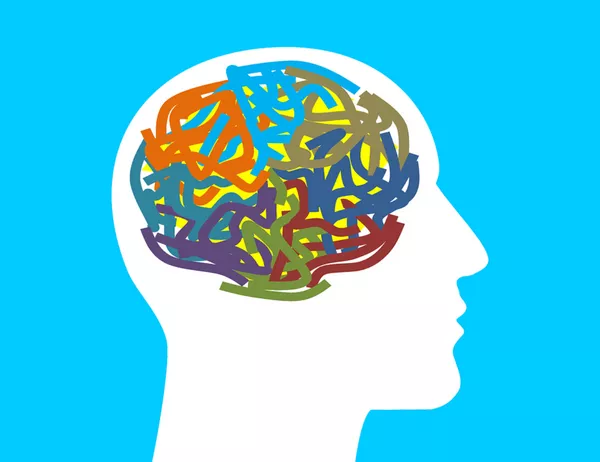A highly promising ultrasound therapy, which holds the potential to restore brain function in individuals suffering from Alzheimer’s disease, has been licensed to a newly established start-up that emerged from The University of Queensland.
The therapeutic ultrasound technology, developed by Professor Jürgen Götz from UQ’s Queensland Brain Institute, will now be advanced towards clinical application by Ceretas. The company has the objective of validating this system for the treatment of Alzheimer’s as well as other neurodegenerative diseases.
This innovative technology utilizes targeted pressure waves generated by sound to stimulate the brain’s capacity to boost neuronal signalling and eliminate the pathological proteins that accumulate in people with Alzheimer’s disease.
“The therapy not only increases neuronal signalling and consequently restores memory and cognition by enhancing communication between brain cells, but it also targets and clears the build-up of the toxic amyloid and tau proteins by activating the brain’s intrinsic clearance mechanism,” explained Professor Jürgen Götz from UQ’s Queensland Brain Institute.
The global prevalence of dementia is projected to reach 82 million by 2030, with an estimated 80 percent of those affected having Alzheimer’s, which is characterized by cognitive impairment and memory loss.
Professor Götz pointed out that current medications mainly focus on managing disease progression and alleviating symptoms, rather than providing a cure for patients.
“Therapeutic ultrasound offers a non-invasive means of enhancing cognition,” he stated.
“The treatment could also potentially be personalized for multiple neurological disorders, including frontotemporal dementia (FTD), amyotrophic lateral sclerosis (ALS), disorders caused by brain tumours, and mental disorders.”
The first human clinical safety trial of this novel ultrasound medical device was successfully concluded in 2024, under the leadership of QBI clinician-researcher Professor Peter Nestor.
The results of this trial are anticipated to be published in early 2025.
Ceretas was founded by UQ’s commercialisation company UniQuest, in collaboration with early-stage investors and co-founders Ryan Laws and Sam Wetzler.
Mr. Laws expressed his excitement about taking the therapeutic ultrasound treatment further.
“It’s not often that you encounter potentially game-changing technology combined with brilliant minds, all aiming to address a market that seems bound to expand. This opportunity has me really excited,” Mr. Laws said.
UniQuest CEO Dr. Dean Moss noted that it was satisfying to witness the therapeutic ultrasound technology advancing to the clinical stage with the support of investors.
“With an ageing population resulting in an increase in neurodegenerative diseases like Alzheimer’s, it is a testament to the quality of UQ research that potential new treatments are attracting investment and have the potential to make a real difference,” Dr. Moss said.
Related topics
- New Study Highlights Significant Health Gains for England’s Older Adults
- Open-World Games Emerge as a Stress Buster for Postgraduates
- Study Reveals Alarming Rates of Depression and Anxiety Among Australian Adolescents


